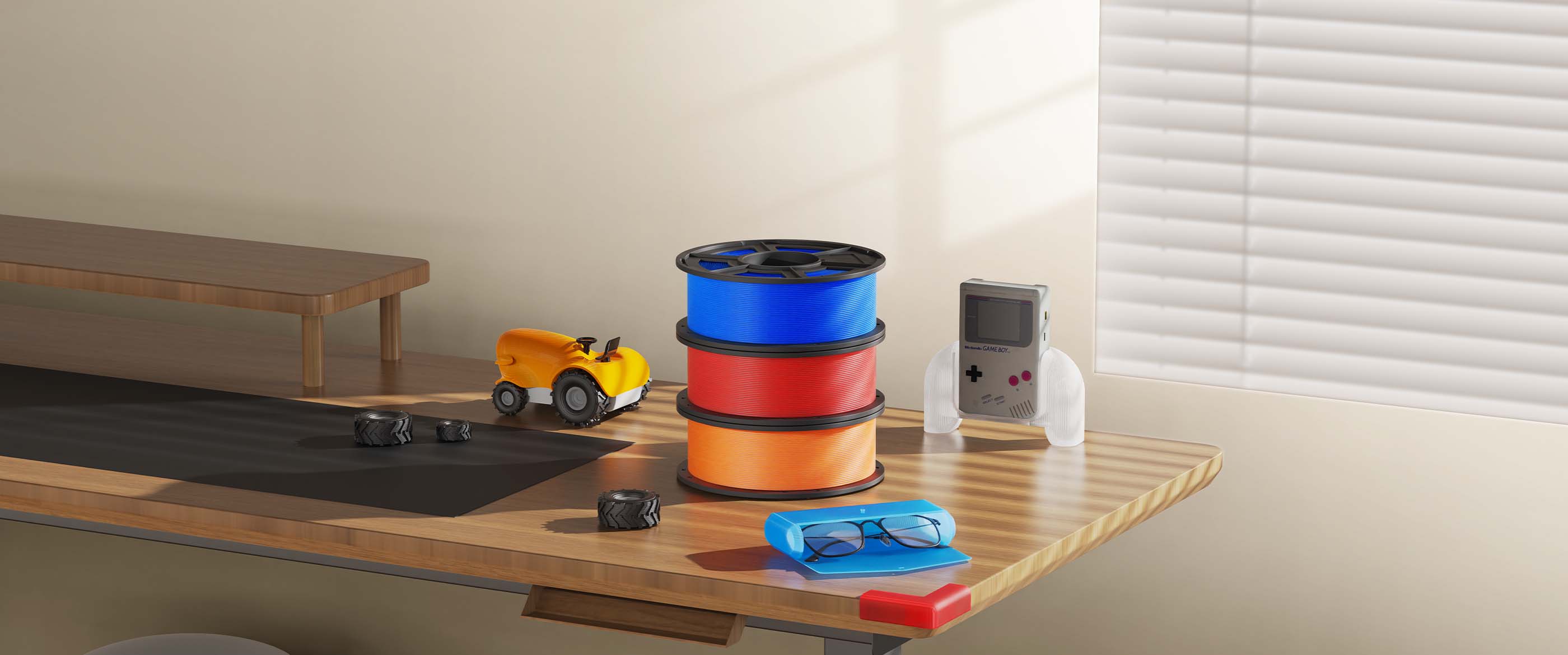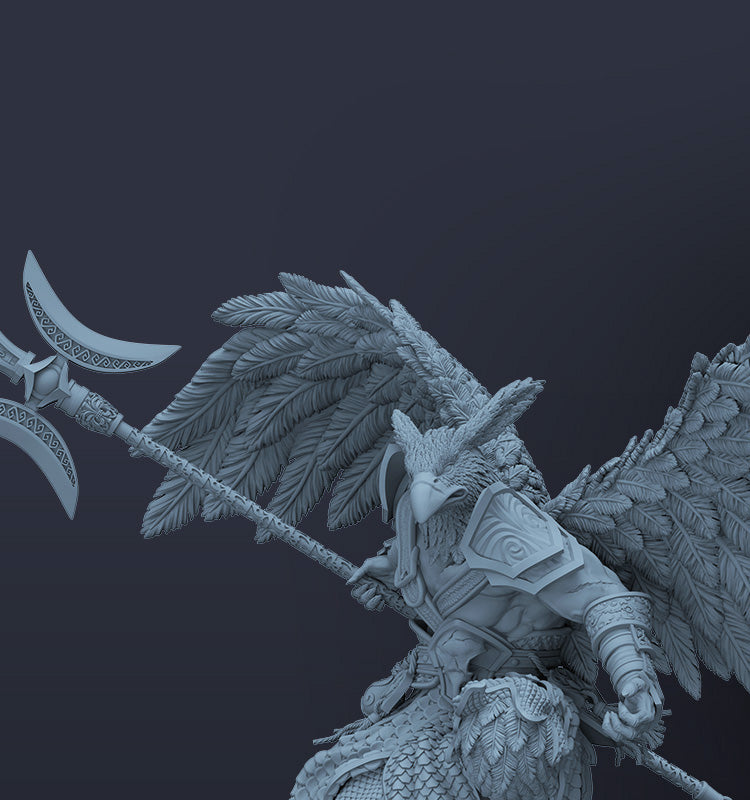
Video
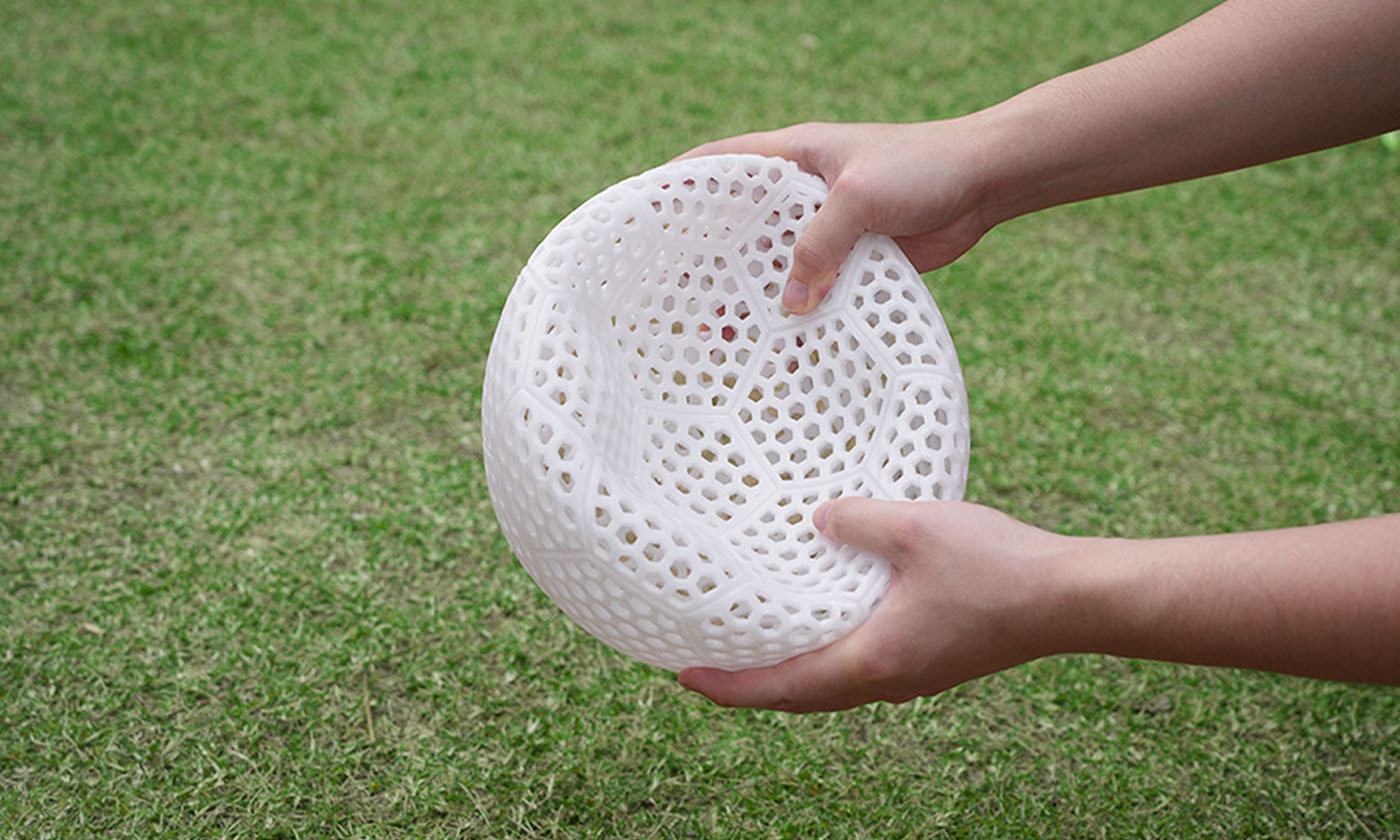
Soft and Highly Flexible
TPU’s rubber-like texture and flexibility make it ideal for printing models like insoles, phone cases, and wristbands. Drying the filament beforehand improves print quality [1].
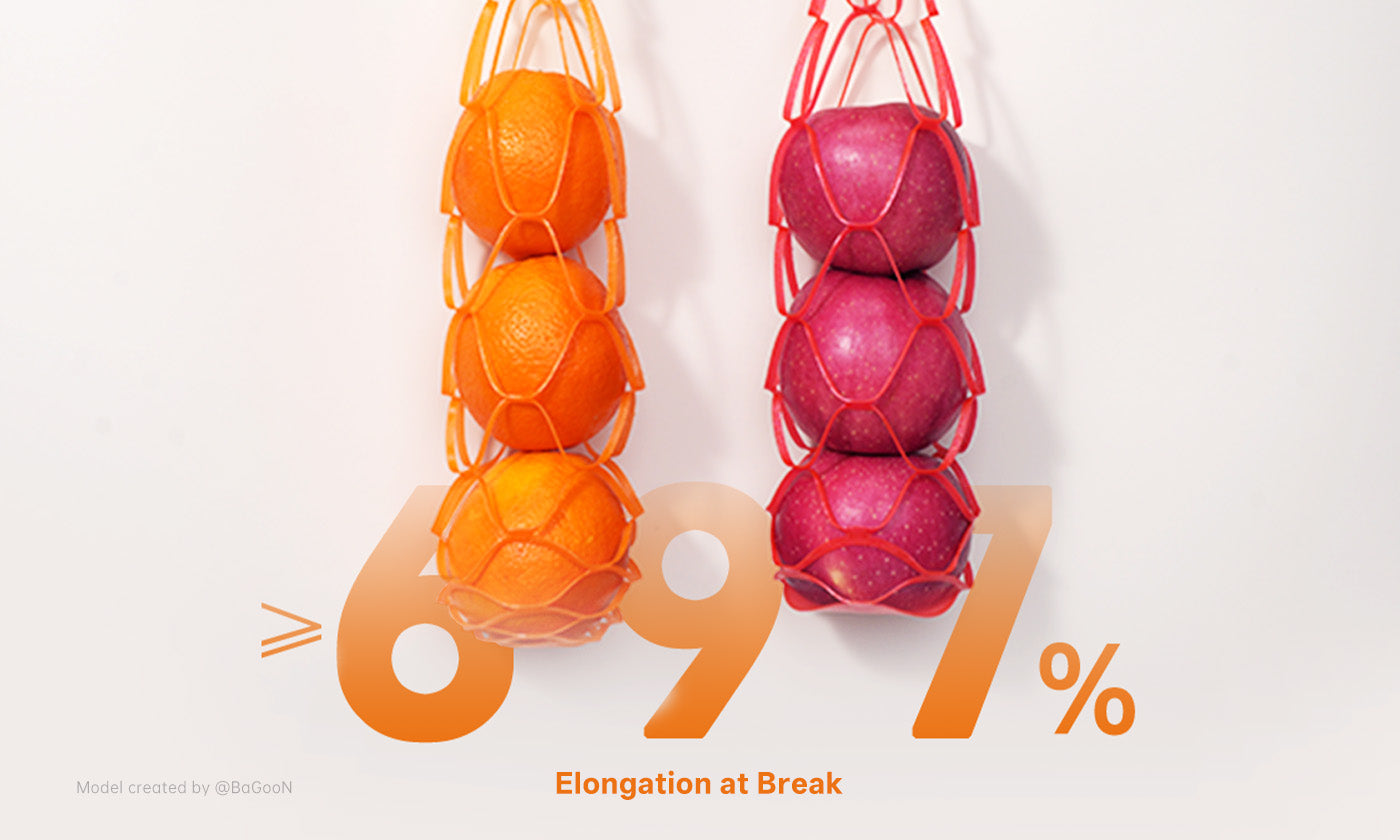
Outstanding Toughness
Anycubic TPU delivers unparalleled toughness and tear resistance, outperforming conventional materials.
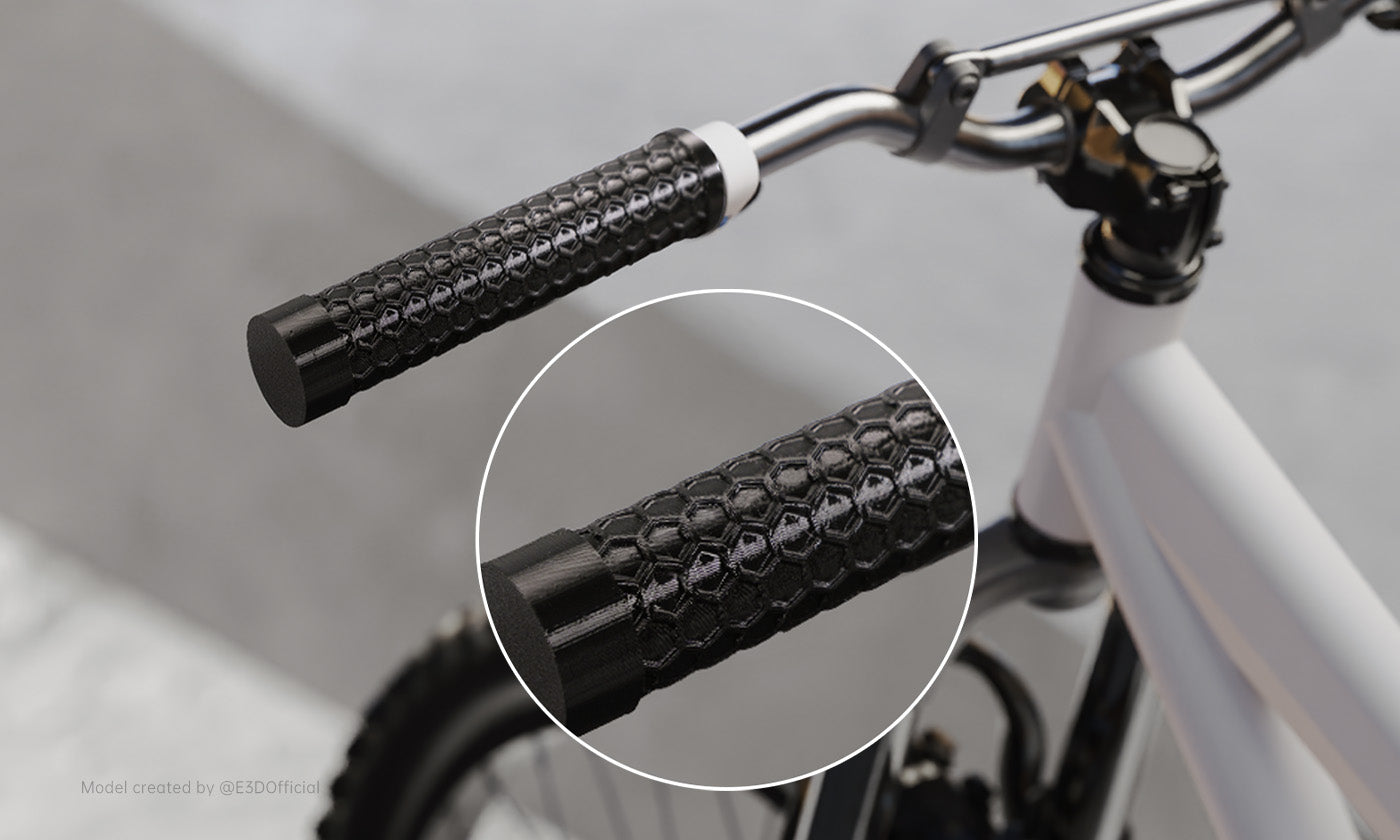
Excelent Weather Resistance
Anycubic TPU offers excellent wear and oil
resistance, bright colors, clump-free
performance, and long-lasting durability.
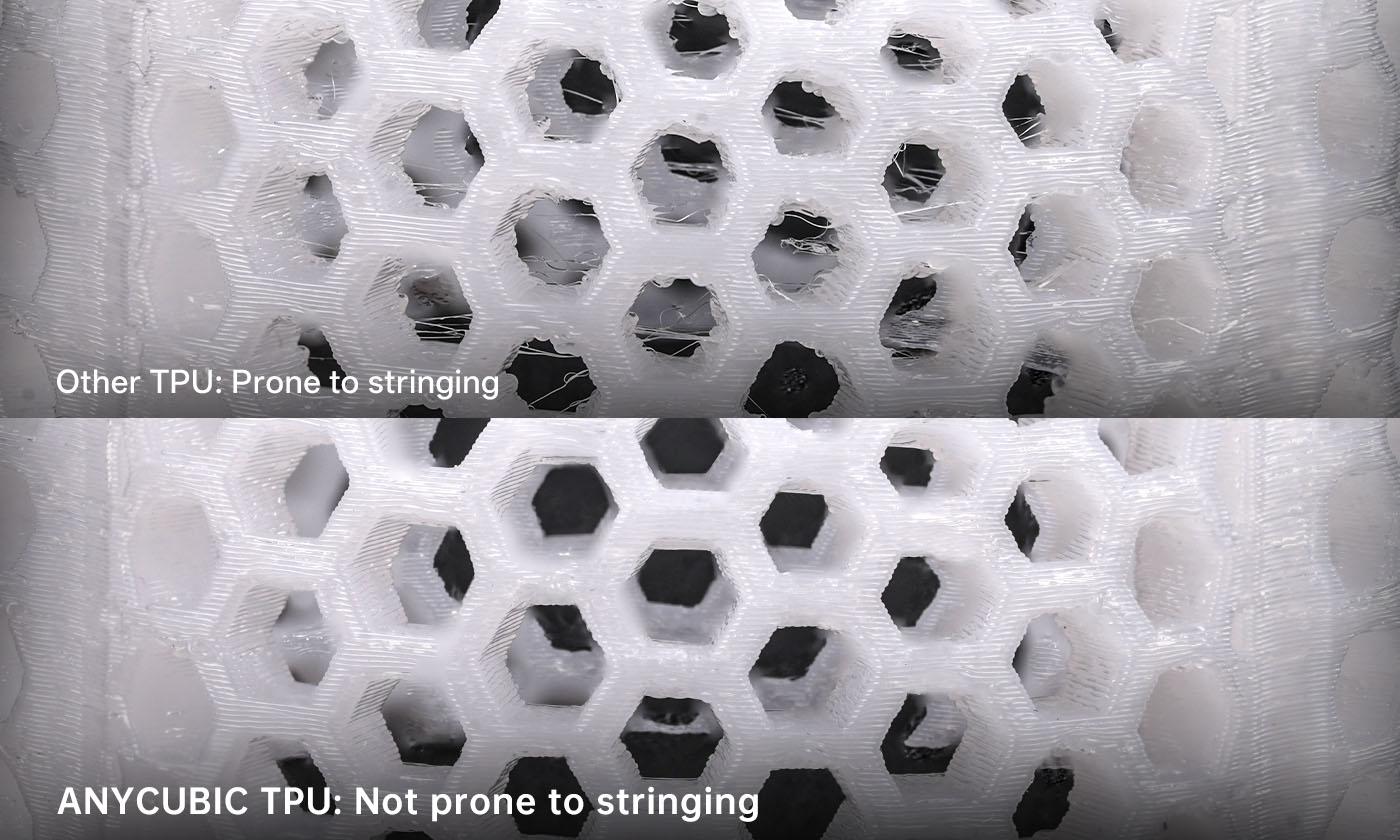
Optimized Settings for Anycubic TPU
Pre-configured TPU settings in the slicer minimize stringing and ensure excellent print results.













